Social networking is highly valued by many people including regular users who update their "personal" sites with all the details of their comings and goings. Growing accustomed to such World Wide Webizing of their lives brings some of these people great fulfillment. It's true - social networking can be highly addictive. Why? Often, it's for good reasons. Users find it a convenient way to stay in touch with their family and friends. Little thought is given to the consequences of regular use or what could happen if someone fraudulently acquires your log in information.
The value of the service, in the eyes of the user is based upon what the service can do for me. For hackers, scammers, fraudsters and internet thieves, the value is measured by it's resale price. According to the article below based upon research by Trend Micro, the value of the login information for criminal purposes is nothing, maybe not even enough for your favorite Starbucks. Now, that can mean two things (supply and demand). One, the market for login information is slow. OR, two -the information is SO easy to come by EVERYONE can steal it and does steal it.
APRPEH's previous posts Dangers of Social Networking Sites and More Dangers of Social Networking on this subject documented the criminal aspects, what users of login information actually do with it.
Below is a little different angle: the free market for stolen logins.
Facebook hacking increases as logins sold cheaply - SC Magazinee UK
Dan Raywood, December 16, 2008
Hackers are stealing Facebook login details and selling them on for just 89p each.
According to research by Trend Micro, logins for MySpace, Skype and online computer games are also sold on to gangs for £1 a time, a set of credit card details is sold for £25 while internet banking logons cost £35 each.
Rik Ferguson, senior security advisor at Trend Micro, told The Sun: “We give away a huge amount of personal information on social networking sites. Hordes of cyber criminals are drawn to them. Whether you're going online to use Facebook, or for banking or Christmas shopping, you should be aware that hacking and identity theft tends to increase at certain times of the year.”
Gary Clark, VP EMEA at SafeNet, said: “Organisations need to take responsibility for their customers, and protect them from anyone looking to exploit a weakness in the system. This could be account details on Facebook, personal financial data used in internet banking, or credit card details disclosed when shopping online. Website owners should be able to guarantee security, or expect people to go elsewhere.
“At the very least, all data must be encrypted. Plus, any sites dealing with financial details need to comply with the appropriate regulations, such as the Payment Card Industry Data Security Standard (PCI DSS). There's is nothing we can do to stop the scammers trying their scams, aside from educating users not to fall for them. But when it comes to data, websites owners need to up their game and provide the appropriate safety measures.”
another look from the Daily mail










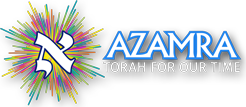









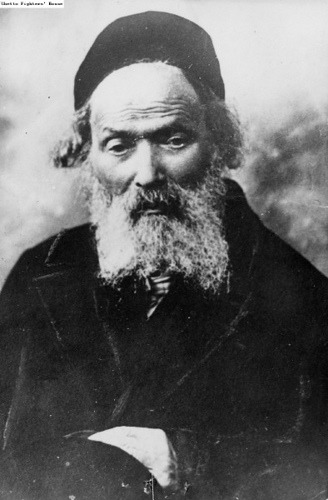


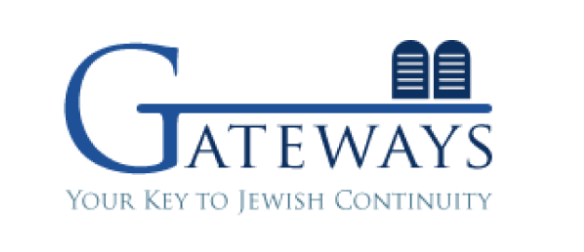













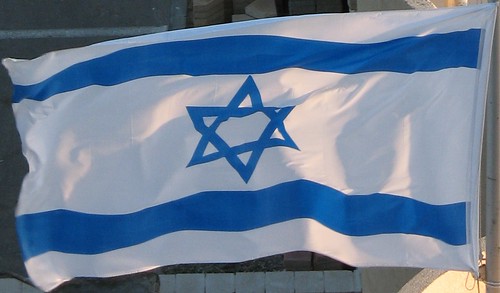
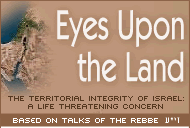




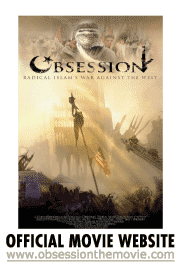












0 comments:
Post a Comment